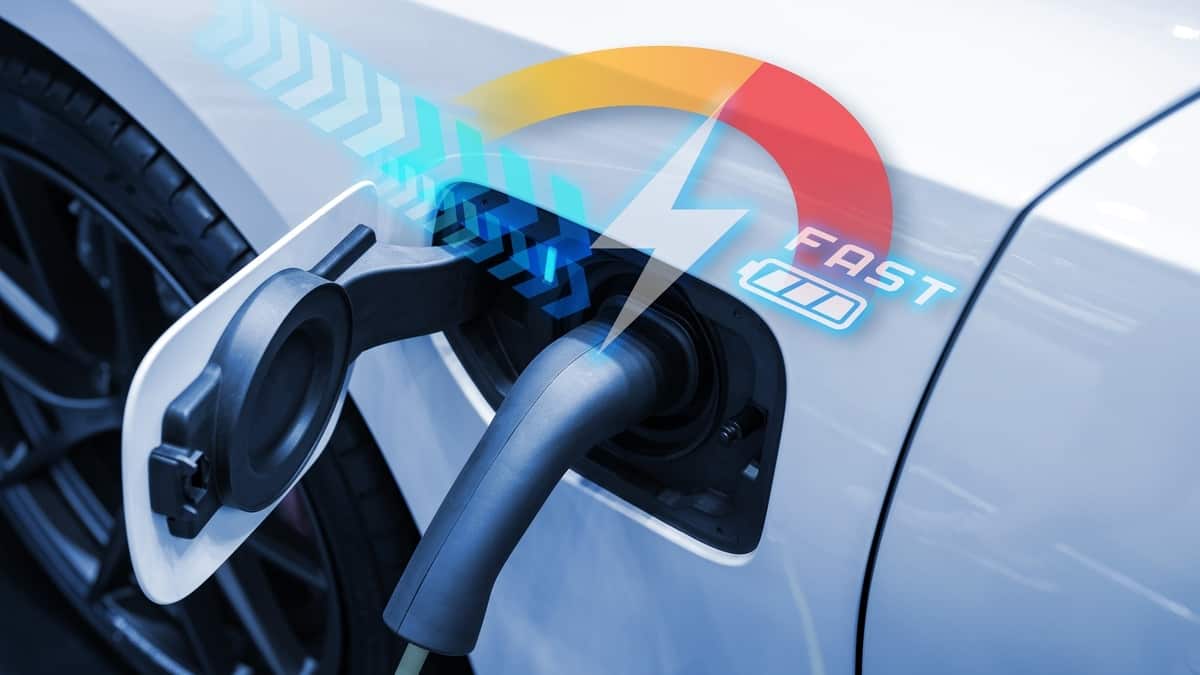Electric vehicle adoption continues to progress in the United States largely due to the government’s support for clean mobility.
Biden’s Inflation Reduction Act significantly boosted the country’s shift to e-mobility with federal tax credits of up to 7,500 for eligible models.
In effect, American electric automaker Tesla substantially benefitted from the incentives, enabling it to defend its dominant position against challengers.
Nonetheless, other automotive brands also enjoyed notable growth in their battery-electric vehicle (BEV) sales. The market also witnessed a rapid increase in BEV offerings in the previous quarters.
CleanTechnica estimates that the overall US EV market expanded 147% and 57% in Q2 2023 from Q2 2021 and Q2 2022, respectively.
Tesla dominates the US market
Tesla remains the leading electric automaker in the US BEV industry. The report noted that the Musk-led company is “closer to 50% than it’s been since the Tesla Model 3 hit mass production and started dominating the market.”
Nonetheless, the non-Tesla model sales indicate that the BEV market has increased from below 6,000 units in Q2 2020 to almost 35,000 in Q2 2021 to about 58,000 in Q2 2022 to nearly 103,000 units in Q2 2023.
Tesla still accounts for over 60% of the US BEV market, owing to its 171,000 unit sales in Q2 2023.
Tesla Model Y as the most popular EV
Tesla’s electric SUV Model Y continues to lead the EV market in the US, with an estimated sales of 104,000 units in Q2 2023.
The Tesla Model 3 followed with 57,000 unit sales, significantly ahead of the Chevy Bolt EV/EUV’s sales of 13,959 units.
The Rivian R1T/R1S/EDV 700 (12,640) and Ford Mustang Mach-E (8,633) completed the top five.
The Tesla Model X ranked seventh with sales of about 7,000 units behind the Hyundai Ioniq 5’s 7,905 unit sales.
Meanwhile, the Tesla Model S landed the fiftieth spot with estimated sales of only 3,000 units.
The report also indicated the changes in the sales of the EV models year on year in the second quarter since 2021. You can refer to the photos attached to the Tweet below:
EVs are better option
The rapid growth of electric vehicles in the US is partly due to the emergence of multiple offerings in the market.
Many legacy automakers decided to penetrate the EV industry, considering the government’s significant backing through subsidies and incentives.
Likewise, startups have also started making themselves known in the EV industry with their amazing concepts and products.
These model launches significantly attract customers to consider buying an EV, as they have multiple options depending on their needs.
See Also:
- Electric vehicle sales in US crossed critical mark in June
- Tesla price cuts boost overall EV sales in the US from Jan-Jul
- Zero-emission vehicles now account for 16% of light-duty vehicle sales in the US
- US EV sales: Hyundai beats GM, Tesla sustains its lead
- Electric vehicle sales struggle to match growing dealer inventory levels in the US
Tesla is undoubtedly the leading electric automaker in its home market. Its high-tech models, innovative features, Supercharging networks, and pricing strategy on top of the government incentives largely aid the Musk-led company to defend its position.
Tesla has a high potential to further expand its market share with the arrival of the new Model 3 Highland and the imminent deliveries of the Cybertruck.

